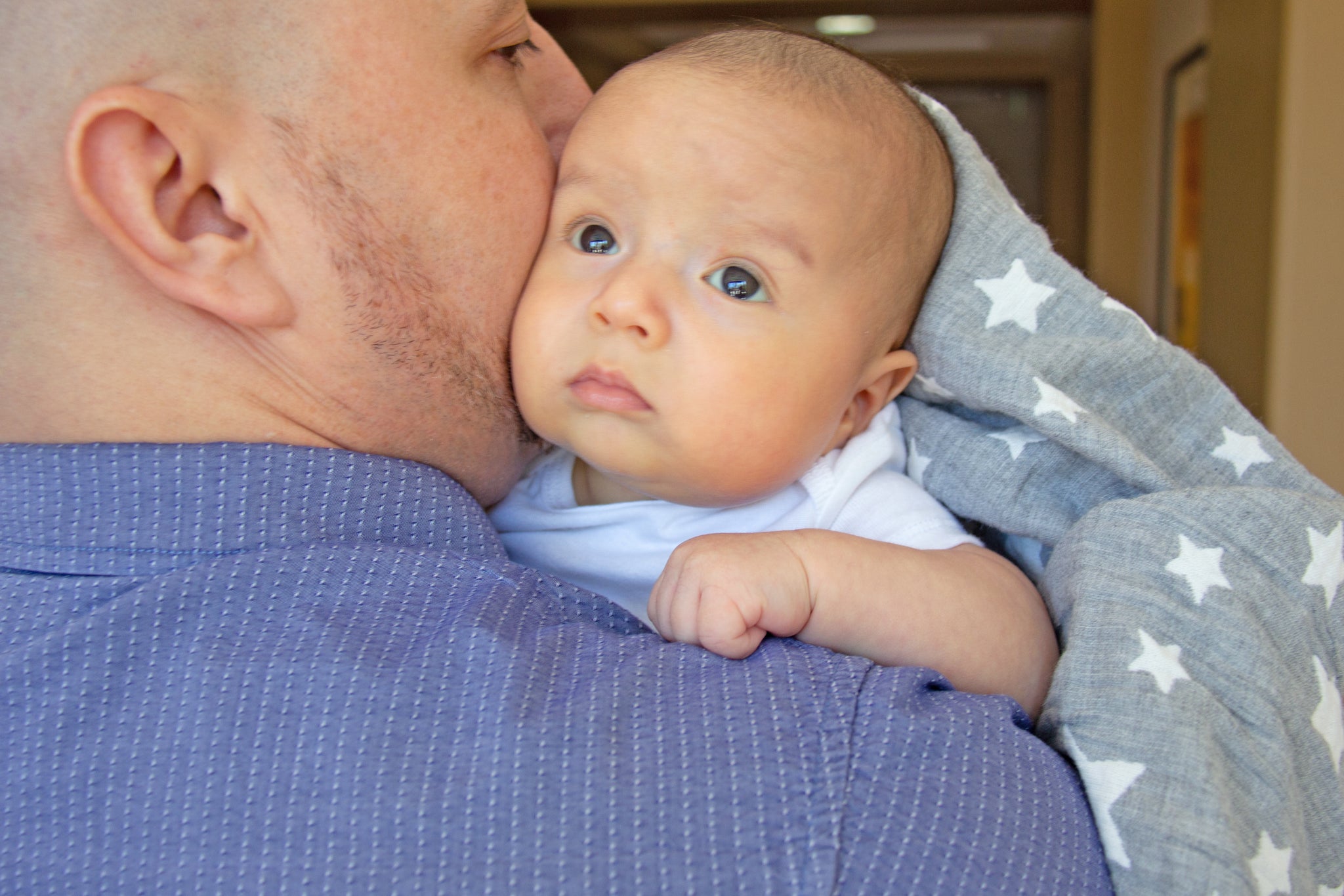There is an oft-repeated quote that goes like this: “The sign of great parenting is not the child’s behavior. The sign of truly great parenting is the parent’s behavior.” This quote, attributed to parenting counselor Andy Smithson, does not mince words. It goes straight to the point to emphasize the weight of a parent’s responsibilities.
Being a parent means being accountable for your children in more ways than one. It goes beyond merely feeding your baby and making sure that their needs are met. Because a child looks up to their parent, how the latter behaves can make or break the former’s character.
What is a good way to identify whether you are parenting fittingly or not? An effective way to address this concern is to identify your parenting style.
The Four Different Parenting Styles

Similar to how we all have distinct personalities, there are also different styles when it comes to parenting. While we may not consciously adhere to one specific style of parenting, we may find that we generally fall into one or more of the categories.
In the 1960s, Diana Baumrind, a developmental psychologist, conducted a research on child care. From this research, she identified four elements that shape successful parenting: responsiveness vs. unresponsiveness and demanding vs. undemanding.
These elements have a lot to do with involvement, control, and expectations. They also reflect the consequences given for different behaviors.
With these elements, she identified three major parenting styles, which are authoritative, authoritarian, and permissive. These were further expanded by researchers Eleanor E. Maccoby and John A. Martin to include a fourth parenting style: uninvolved.
Why should your parenting style matter?
Everything you do, whether you realize it or not, affects your child’s life vastly. The words you say leave a permanent mark on your child, and how you do things now will become their own personal standard. When they grow older, it is your voice that will serve as their inner moral compass.
Simply put, when they are little, their eyes are on you. They will follow your every word and your every action. To make sure that your child is growing healthily in all aspects, it is vital to give the right amount of support, guidance, and discipline. This you can answer by identifying your own parenting style.
What is your parenting style?
To achieve well-balanced parenting, it is essential to know your parenting style. Here are the four parenting styles as identified by Baumrind, Maccoby, and Martin. Into which category do you fall?
1. Authoritarian (Low Response, High Demand)
The authoritarian parent is a dominant figure in the home. They believe that children should be seen, not heard. They set the rules and they expect everyone to follow these rules with no questions asked. When these rules are broken, the one who has failed to follow should be punished.
Are you being too strict with your child? When you are too strict or authoritarian, your children may be afraid to disobey you. However, they may develop self-esteem issues later on. They may think that they are not being valued, which can cause them to become violent.
2. Permissive (High Response, Low Demand)
The complete opposite of an authoritarian, a permissive or indulgent parent are not very demanding on their children. They generally just let their children do what they want, and they do not offer discipline and set limits. Instead, the role they choose to play is more like a friend than a parent.
Are you being too lax with your child? When a child grows up with a permissive parent, they often struggle in life. They don’t know how to deal with problems, and they do not like to follow authority. And because they were not given limits when they were younger, they are likely to develop health problems.
3. Uninvolved (Low Response, Low Demand)

The uninvolved parent is, in plain words, a neglectful parent. They are not responsive to the wishes of their child, and very little meaningful communication is happening inside the home. While they generally make sure that the child’s basic needs are met, almost nothing else is offered beyond this.
In some cases, it even goes as extremely as not offering the child any of their needs. They rarely spend time with their child, and they have little idea of their child’s whereabouts. A child with uninvolved parents often exhibit behavior problems and tend to perform poorly in school.
4. Authoritative (High Response, High Demand)
The authoritative parent likes to set clear rules, guidelines, and consequences. When wrong behavior is committed, discipline is given out. But, at the same time, an authoritative parent is willing to listen to their child and validate their feelings. They have high expectations, but they also put a lot of effort into showing support, guidance, and warmth.
Do you exhibit balance between discipline and nurturing? Children who grow up with authoritative parents are often happy and are comfortable in making their own decisions. They tend to be responsible and are able to exhibit self-control. They are respectful of authority but are also able to form their own opinions.
There is no right or wrong way to raise a child. However, knowing how to balance the elements of responsiveness and demandingness is key to achieving a healthy parent-child relationship.
Knowing this balance and applying it to your daily experiences inside and outside the home is not an easy feat. But it is a worthy challenge to take on. A healthy family experience, with the right amount of support, encouragement, and discipline, will remain embedded in your child’s heart for the rest of their life.
